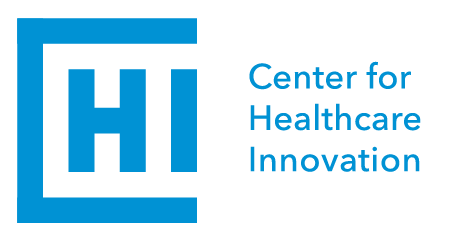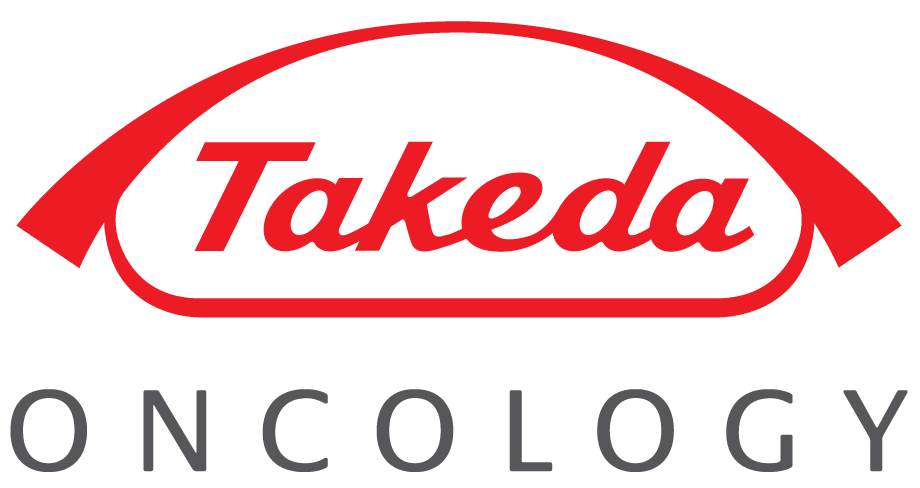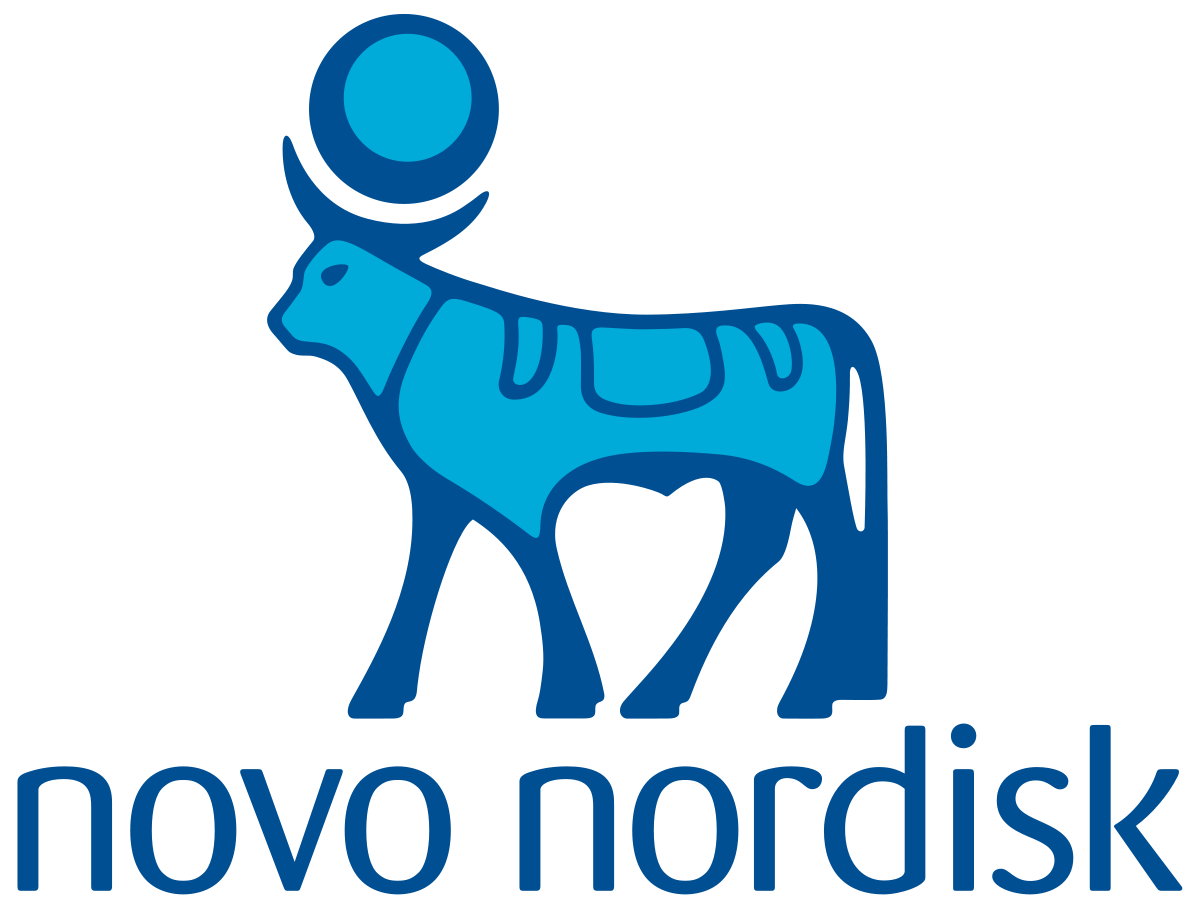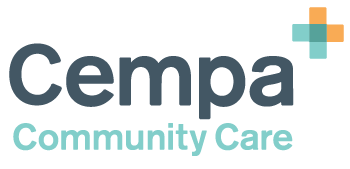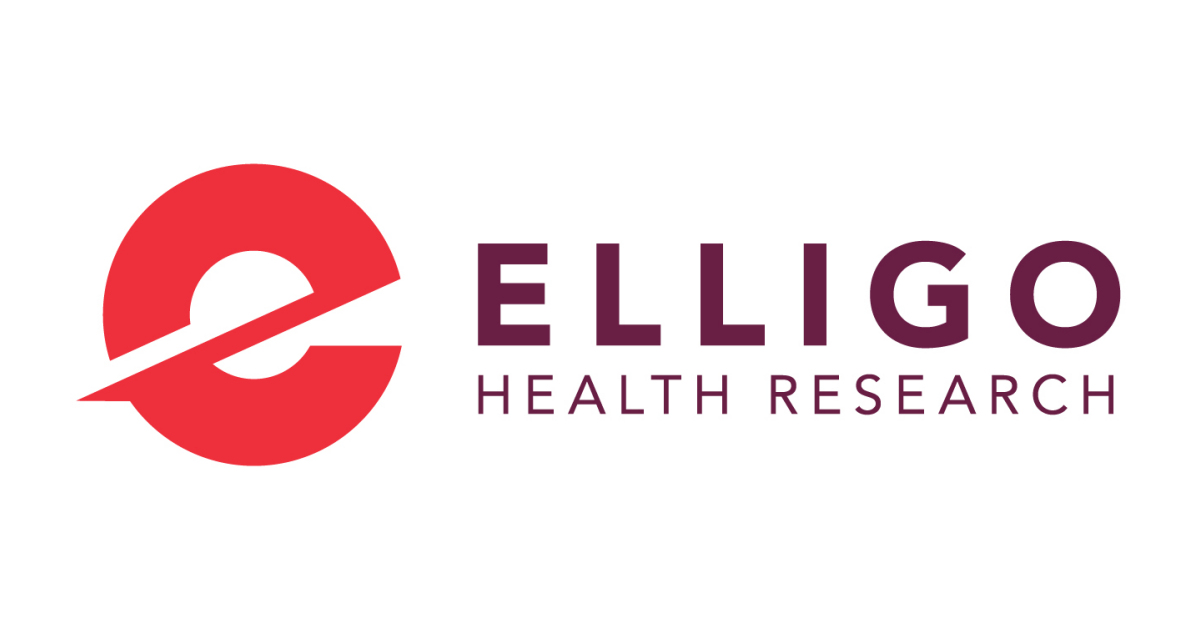Diversity, Inclusion, & Health Equity Symposium 2018

Diversity, Inclusion, & Health Equity Symposium 2018
September 2018 | Executive Summary
Key Insight
“Organizations need a diverse set of team members to better serve and innovate for their various customers.”
Introduction
Welcome to this executive summary of the Center for Healthcare Innovation’s 8th annual Diversity, Inclusion, & Health Equity Symposium, which took place in Chicago, IL, USA on June 27, 2018.
This event is a leading annual, collaborative event focusing on health equity and health disparities in the U.S. The symposium brings together leading healthcare professionals, executives, physicians, patient groups, patients, researchers, academics, clinical trial professionals, and diversity and inclusion advocates to discuss health equity in the life sciences and the health sectors. The symposium focuses on the latest trends, challenges, opportunities in both the marketplace and workplace, with a specific focus on how to best serve an increasingly diverse patient base. We also aim to address the broader health disparity challenges in the U.S., and the symposium equips attendees with the latest insights and ideas.
The Symposium featured some of the world’s leading healthcare, life science, and diversity experts coming together in a collaborative setting to discuss the most pressing diversity issues facing the healthcare and life sciences industries in the 21st century. Panel discussions included Health Equity in the U.S.: Understanding Health Disparities, How does D&I Impact the Bottom Line, and Diversity in Clinical Trials and Research. The Symposium also featured a Distinguished Keynote Address by Dr. Ronald Copeland, Senior Vice President and Chief Diversity & Inclusion Officer of Kaiser Permanente.
This executive summary captures some of the insights, ideas, best practices, and new perspectives from the Symposium’s distinguished speakers, panelists, and other experts. It is meant to serve as a summary of the innovative ideas and insights regarding diversity and inclusion for healthcare and the life sciences. We hope it can be a resource for you and your organization as you think about diversity in the 21st century.
Chapter 1
Dr. Copeland began his keynote address by highlighting the history of Kaiser Permanente (KP) and how the organization has embraced driving excellence through promoting health and health equity.
Briefly, industrialist Henry Kaiser and physician Sidney R. Garfield founded Kaiser Permanente in 1945 to proactively provide medical services for workers and families in the Kaiser shipyards. The strategy behind their success was to build a physician group practice based on an integrated care model, a model that better coordinates care for the many interrelated issues a patient has, that would help leverage buying power to bring down costs. As part of that mission to be more proactive, Kaiser Permanente physicians have had a history of focusing on preventive care and continually promoting good health practices.
Furthermore, Kaiser Permanente’s history, culture, and infrastructure have been aligned around a stand on principle and social justice. For example, KP was a leading hospital during the Civil Rights movement with racially integrated hospitals and an ethnically diverse workforce.
“Kaiser Permanente’s approach in the health equity space embraces the values of trust and accountable leadership.“
Dr. Copeland explained that Kaiser Permanente’s approach in the health equity space embraces the values of trust and accountable leadership. Kaiser Permanente has built trust with their patients by promising that patient data is collected under two conditions. First, KP only collects data from patients when the potential benefit from conducting the research is clearly understood. Secondly, the data is collected by the patient’s physician or nurse. As a result, 85-90% of patients voluntarily provide their information because patients see the benefit and have a trusting relationship with those collecting the information.
Kaiser Permanente measures accountable leadership with stratified metrics and ensures that equity is part of their goals and performance management. For example, they offer caregiver decision support in the electronic health record (EHR) and same day appointments for issues that the EHR recommends. For example, a patient presents for a knee problem, but the EHR will remind caregivers that the patient needs blood drawn for another screening. The patient will be able to have blood drawn shortly after the original appointment so the patient is screened quickly and the process is easy.
Another success involved colorectal screenings in the Latino population. KP discovered that women had screenings, but the men often did not because the screenings challenged their definition of masculinity. Consequently, KP tried to shift the conversation to what really matters and was able to change the focus to being around for the family. KP also worked with family members to co-design a video of someone undergoing the test process rather than offering just a brochure to ease some of the patient’s feelings relating to colorectal screenings. Ultimately, Dr. Copeland stressed that KP’s successes were due to their willingness to co-own and co-create successful outcomes.
KP’s current activities in promoting health equity are wide ranging. They are currently part of a nine-member team that collaborates with the Institute of Health Improvement to promote equity. One way in which they achieve this goal is through addressing the challenge of institutionalized racism because it is an underlying cause behind health equity disparities. Additionally, KP plans to open a medical school to help make an imprint on under-representation in medicine.
Dr. Copeland attributes KP’s success to the organization’s willingness to set big goals that bring people together. These goals tend to be daunting and on occasion, unachievable, but striving for such a high level of excellence is the best way to make a major impact on these challenging, complex issues within the health equity space.
Calls to Action
Empower colleagues, patients, and healthcare stakeholders with knowledge and skills and enable with tech and infrastructure
People co-own what they co-create
Fail fast and learn quickly by creating an environment of learning and psychological safety
Adaptive leadership matters at all levels because change is the norm
Commit to excellence and strive for greatness
Achieving success is a journey, embrace it
To view the full report, please click on the "download" button to receive a full PDF copy.
Authors
Joseph Gaspero
CEO & Co-Founder at CHI
Ivory Chang
Project Manager at CHI
Grant Hom
Analyst at CHI
Ananya Stoller
Associate Project Manager at CHI
Event Sponsors
Joseph Gaspero is the CEO and Co-Founder of CHI. He is a healthcare executive, strategist, and researcher. He co-founded CHI in 2009 to be an independent, objective, and interdisciplinary research and education institute for healthcare. Joseph leads CHI’s research and education initiatives focusing on including patient-driven healthcare, patient engagement, clinical trials, drug pricing, and other pressing healthcare issues. He sets and executes CHI’s strategy, devises marketing tactics, leads fundraising efforts, and manages CHI’s Management team. Joseph is passionate and committed to making healthcare and our world a better place. His leadership stems from a wide array of experiences, including founding and operating several non-profit and for-profit organizations, serving in the U.S. Air Force in support of 2 foreign wars, and deriving expertise from time spent in industries such as healthcare, financial services, and marketing. Joseph’s skills include strategy, management, entrepreneurship, healthcare, clinical trials, diversity & inclusion, life sciences, research, marketing, and finance. He has lived in six countries, traveled to over 30 more, and speaks 3 languages, all which help him view business strategy through the prism of a global, interconnected 21st century. Joseph has a B.S. in Finance from the University of Illinois at Chicago. When he’s not immersed in his work at CHI, he spends his time snowboarding backcountry, skydiving, mountain biking, volunteering, engaging in MMA, and rock climbing.
